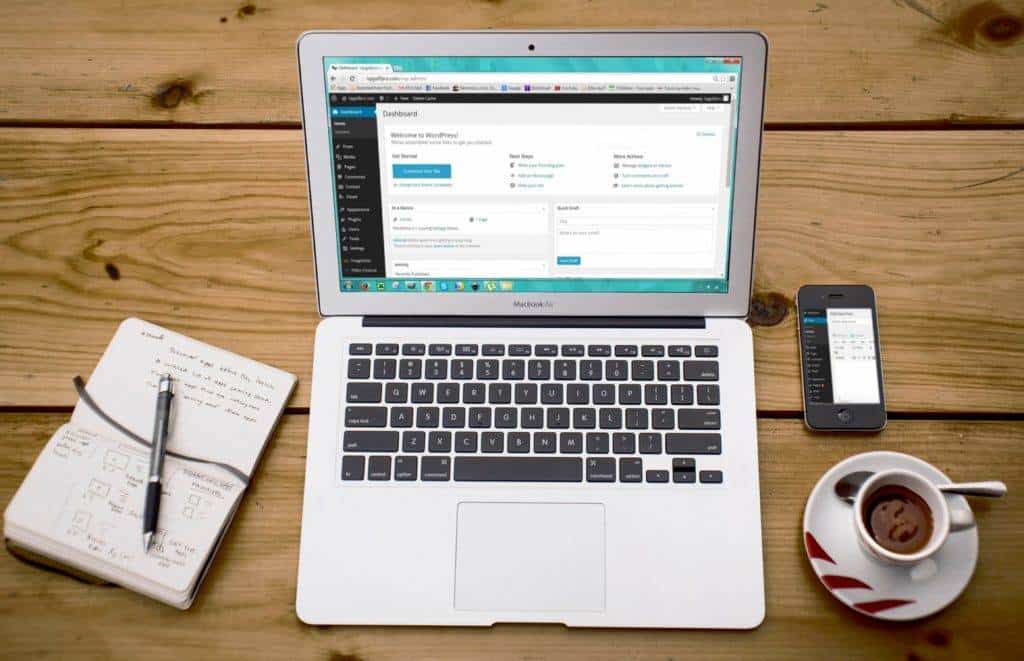A Short Guide To The Best Website Builders
Choosing the right website builder takes some Research. Start Here.
Are you happy with your website? Does it represent your business the way you want it to? Or is it outdated and difficult to update? If you answered yes to any of these questions, then it’s certainly time for building a new website for your business.
There are many reasons why you might choose to build a new website. Maybe the old one is no longer effective in reaching your target audience, or maybe you’ve outgrown the design and need something more modern and user-friendly. Often, business owners let the situation deteriorate until it becomes crucial to have a functioning website. and the execution of the website is done too quickly and without the focus and attention such a task requires. In any case, there are several options available when it comes time to building a new website, and each has its own advantages and disadvantages depending on your needs.
What are your options?
One option is hiring a web development company to design and build the site for you from scratch. This can be an expensive process, but if you have specific requirements that aren’t easily met by off-the-shelf solutions, then this may be the best route for you.
Another option is using a template-based platform like WordPress or Wix which allows for more flexibility in terms of design but can also be more challenging to set up correctly without proper planning and information gathering.
Finally, there are also hosted solutions like Squarespace which offer easy setup but less customization options than either of the other two choices mentioned above.
The first step is understanding what your needs are: what do you want your website to accomplish? Are you looking to update your branding, create an online store, or provide more information about your business? Once you have determined this, you can start gathering information about what type of website would best suit your needs.
Creating a new website can seem daunting at first, but by doing your research and knowing what questions to ask potential developers/designers/vendors, it doesn’t have to be! By following these tips,you’ll set yourself up for success in creating awesome website that represents your business in the new digital age.
3 Types of websites
There are three main types of websites: custom-built websites, CMS based websites and hosted pre-made template builders
Custom-built websites
A custom-built website is one that is created from scratch by the website owner. A freelance website is one that is created by someone else, but the website owner may have some input or control over the finished product. Bootstrap websites are websites that use a framework called Bootstrap. This framework makes it easier for web designers to create websites, as it provides them with a set of pre-made templates and components that can be customized to fit the needs of each individual website. Custom-built websites are built from scratch according to the client’s specifications and tend to be more expensive than other options.

CMS-based website builders such as WordPress
A content management system (CMS) website builder is a web application that enables organizations to manage and publish their content online. A CMS can help organizations to:
- Manage their website’s content, including creating, editing, and managing pages;
- Publish new content easily and quickly
- Track website traffic and engagement;
- Integrate with social media platforms.
- Integrate with the software you are already using to run your business
Online template-based Website builders.
Template-based website builders such as Wix, Shopify or Squarespace are the are the least expensive website builders. But they do come with some limitations that may hinder your progress in the long run.
That being said, they are a very good way to dip your foot in the water and start promoting your business, or your blog…
Once you have decided on the type of site you want, it’s important to get accurate quotes from web developers so that there aren’t any surprises down the road regarding cost. Check out our Website Cost Estimator to give you a rough idea of what to expect.
It’s also helpful to have an idea of how much time will be needed for development – typically 2-4 months is sufficient depending on complexity – as well as how long it will take for the site go live after launch (usually 1 week).
